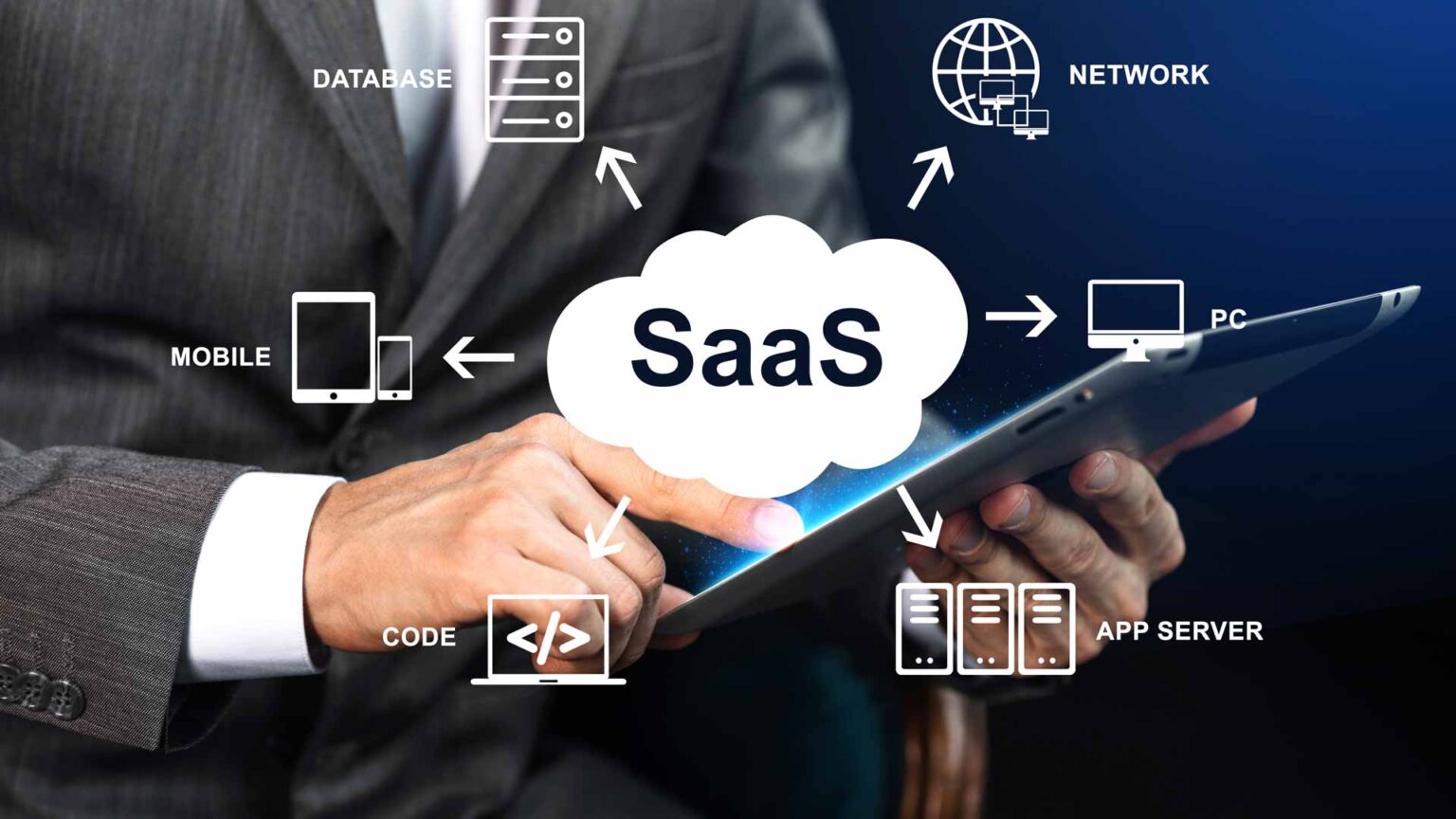It has become even more apparent that there’s no room for failure in this generation’s rapid and incredibly competitive business environment. Enterprise Resource Planning (ERP) systems implemented on cloud have been found appropriate to help achieve these objectives.
As a result, ERP Cloud Solutions help organizations become smarter, faster, and better by utilizing the fundamental principles of the cloud environment. This blog post seeks to explain some fundamental cases on how moving to the cloud can help alter any business.
Real Time Data Facilities And Reporting
Probably the most obvious advantage of using cloud-based ERPs is that they allow obtaining reports and data in real-time. Frequently, cloud systems update information on the fly, which is unlike having to wait on IT to produce reports.
Individuals are aware that they have live access to all the team’s dashboards and analytics. This makes decision making to be more informed as executives look at the latest KPIs.
Further, artificial intelligence uses models for analysis of data for making better predictions and constructing forecasts. Reporting to cloud saves managers much time that would otherwise be spent waiting for the updates. This enables them to closely supervise and quickly manage their arbitrations.
Interconnectivity Between Departments
Cloud ERP solutions also help in raising level of interactions within organizations. They make an effective management center that integrates all departments including sales, accounting, human resources and manufacturing departments.
This dissolves barriers that confine data in silos that affect productivity in traditional approaches to design. By implementing integrated cloud software, the team can be able to share files, discuss their projects inform of projects and even view cross functional information.
Employees spend not as much as time searching information located in different programs. There is an enhancement of overall efficiency due to better cooperation.
Experiences Lower Initial Costs
Also, by implementing the ERPs in the cloud, an organization experiences lower initial costs of ERP investment as well as the subsequent costs of maintenance. Instead of buying servers, putting money into the establishment of physical structures for the program, it is possible to pay for applications as a service.
All the infrastructure, platforms and applications are hosted by the provider outside. This saves a lot of capital and rules out big overhauls or the new large upgrade projects.
Cloud systems are elastic in that their use adapts to the level of usage encountered; costs are consequently controlled. They also get unceasing enhancements and protective layer updates without involving the internal IT team.
Flexibility And Creativity
SaaS enables Cloud Based ERP Solution and cloud-computing solutions offer organizations the tools to respond rapidly to shifting organizational requirements and opportunities.
Things such as user, applications and computing ability can easily be incorporated into the cloud platform. These aspects facilitate growth or a rush in demand effortlessly without limitations by infrastructure.
Thus, real time information can help leaders to adapt to the new opportunities that are opening in the market. While supporting old methodologies, cloud avoids keeping inefficiencies and in turn puts more emphasis on areas that define competitiveness.
Security And Compliance Has Been Enriched
Last but not least, the current cloud computing environments ensure strong security and compliance features better than on-premise solutions. Contemporary cloud providers rely on various secure processes such as the use of secure communication techniques, user authentication, data leak prevention, and network security policies.
They also obtain the most recent compliance certificates for the purpose of giving their consumers’ confidence. Examples include the HIPAA, PCI DSS, and GDPR. Security specialists are actively observing systems, and potential threats are resolved as soon as possible.
Data in Cloud ERP is also safeguarded through backups, disaster recovery and global redundancies on every or most of the time. When deploying to the cloud, organizations are provided with the latest options for security and compliance to reduce risks.
Conclusion
In conclusion, the migration of enterprise systems towards the cloud provides organizations with valuable change across operations. Descriptive real-time data, cloud ERPs facilitate collaboration, flexibility, security, and assist organizations to outcompete rivals.
Whereas traditional environments keep old systems, today’s cloud solutions offer the digital tools to manage present day fluid business environment. For these reasons, moving core systems to the cloud is considered as a high-priority initiative for successful organizations of any sector.










